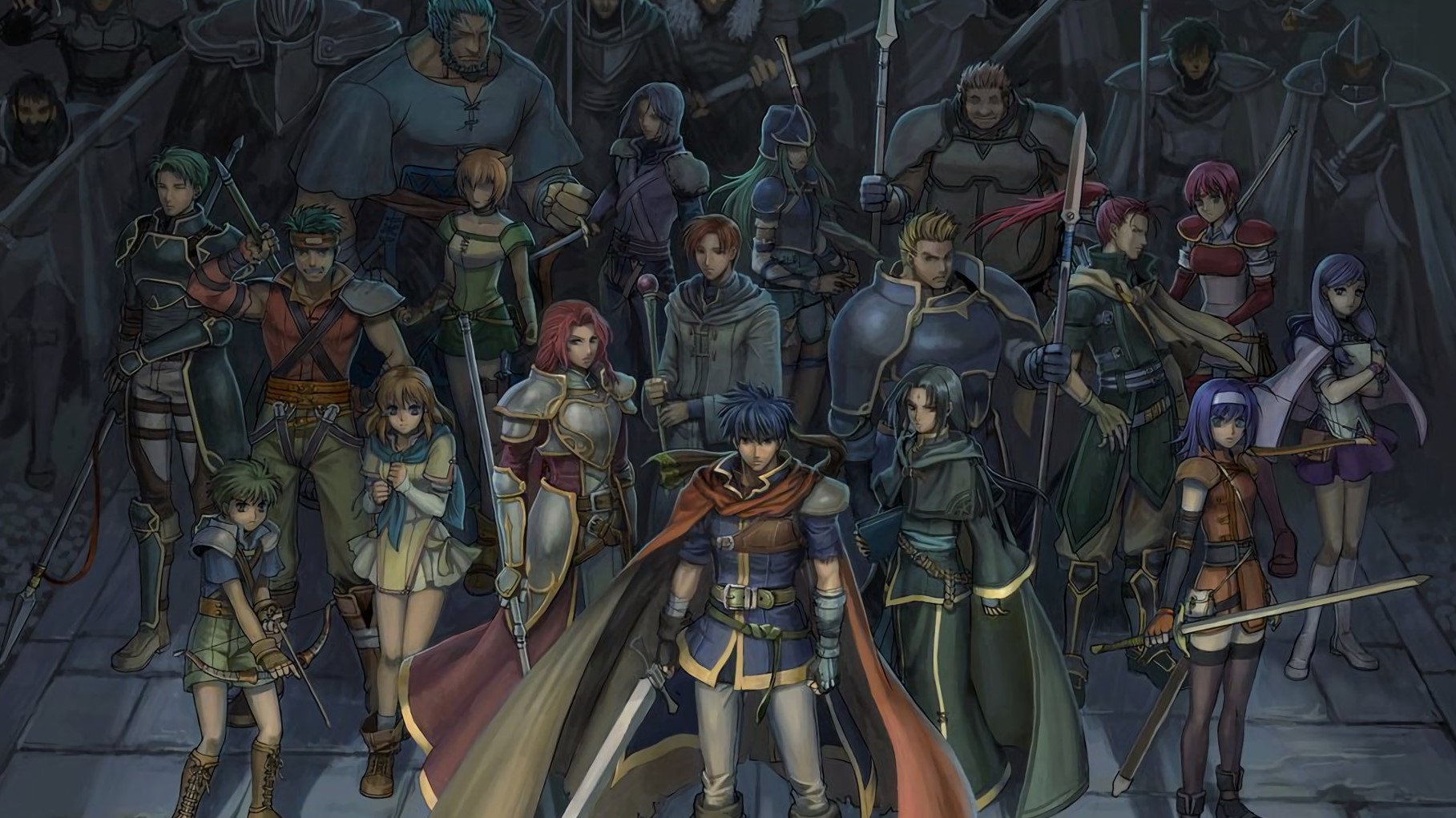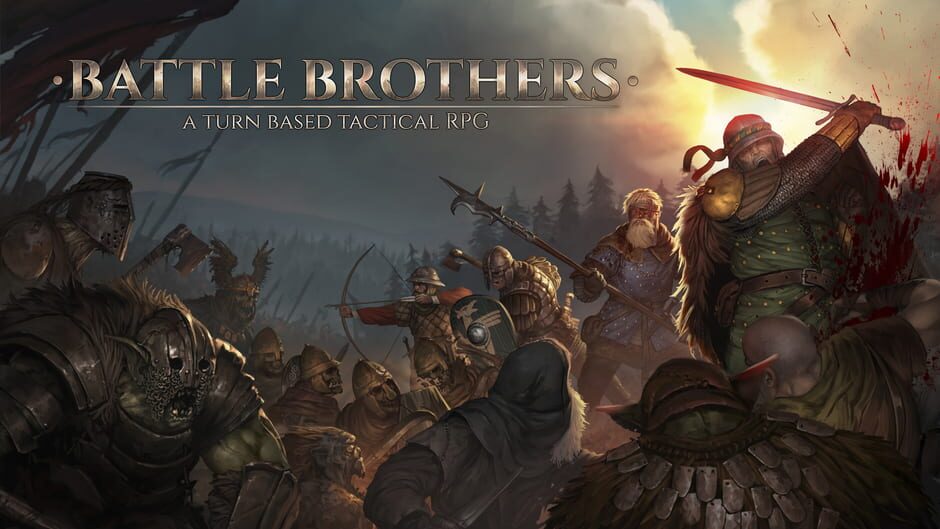Share
Immortality is often the subject of fantasy and fictional writing, with items like the Holy Grail in Indiana Jones granting eternal life. Yet most of these stories paint immortality as something desirable, for obvious reasons. With that in mind, Lost Odyssey takes a hard look at the concept of immortality, and what it would really be like to be an immortal being. It’s something we can never really know, of course, but Lost Odyssey’s themes bring some fascinating commentary on the nature of life and loss.
Neverending Cycles
Lost Odyssey opens with the mercenary Kaim Argonar in the middle of a massive battle. As he’s hacking through enemy soldiers a massive meteor appears and drops on the battlefield, slaughtering thousands of soldiers on both sides. Kaim is the only survivor of the battle, and from this very first moment, Lost Odyssey reinforces its theme of immortality and loneliness.
Kaim has lost his memories, but throughout the story, you find out that he’s one of five immortals sent to this world from another one. Lost Odyssey’s most unique feature plays into the memory loss trope, with something called “A Thousand Years of Dreams.” These dream sequences play out as text stories matched with audio-visual elements, and they’re absolutely phenomenal. Each dream chronicles an event from Kaim’s one-thousand-year life, the people he meets, and the experiences he has. The stories are incredibly emotional and poignant, each one imparting a different theme or lesson about Kaim’s immortal life. One sees him present at the death bed of a small girl who lives at an inn. Another has Kaim as a prisoner in a POW camp, witnessing the atrocities that both sides commit and the cycle of violence that continues from a lack of forgiveness. Reading the dreams adds a ton of detail and background to the main characters and world, and the common thread running through all of them is the sadness that Kaim feels as people continue to die, but he lives on.

The dream sequences are more often than not melancholic, but many of them end with a hint of hope as well. A country wracked by war celebrates with an independence parade one hundred years later, Kaim takes a fleeting moment to enjoy the taste of hand-made bread, and a general and his men find a new life away from the battlefield herding sheep.
For a long time, Kaim suppresses the sadness he feels with violence, by working as a mercenary. Running parallel to Kaim is the experiences of the other immortals, like Ming who’s built the affluent country of Numara. The country has flourished over centuries, but despite this Ming has ended up secluded and alone, not sure who to trust and not wanting to get attached to someone that’s just going to die.
Art Imitates Life
Even though Lost Odyssey is about immortal characters, it’s an allegory for our lives as humans. No matter what all of us have to experience death and lose loved ones, it’s as inevitable for us as it is for an immortal. Tragedy is also a part of life, and this theme is represented by Cooke and Mack coming to terms with the death of their mother across the game. The game’s themes are pushed even further when the story reveals the immortals are from another world, one devoid of emotions. The five were sent to this new world to investigate and figure out why it’s interfering with their own world. The newfound emotions drastically change each of the immortals, and the game’s villain Gongora arrives at the conclusion that humanity needs to be ruled and guided along the path of evolution. Kaim and the others, however, have realized that humanity deserves its chance to shine, even despite all its shortcomings. Lost Odyssey argues that feeling and following emotion is worth the chances, rather than shutting yourself off to everything and becoming emotionless.

Each of the main characters goes through some kind of thematic growth, but Kaim’s manages to be the most important. He’s experienced the death of countless friends and loved ones, but he’s resolute in the face of whatever his destiny might be. Kaim decides to spend his life focusing on what and who he loves, feeling emotions freely rather than trying to suppress them.
Lost Odyssey is one of the most thematically ambitious JRPGs ever made, and even though it’s gameplay systems may have problems, it absolutely needs to be commended for its narrative. Hironobu Sakaguchi, the creator of Final Fantasy and Lost Odyssey, has always tried to fill his games with impactful themes. However, Lost Odyssey feels like a moment where Sakaguchi really had the opportunity to take on something serious and flex his creative muscles. Whether Sakaguchi continues to make games or not, Lost Odyssey should go down as one of his most impactful games.




